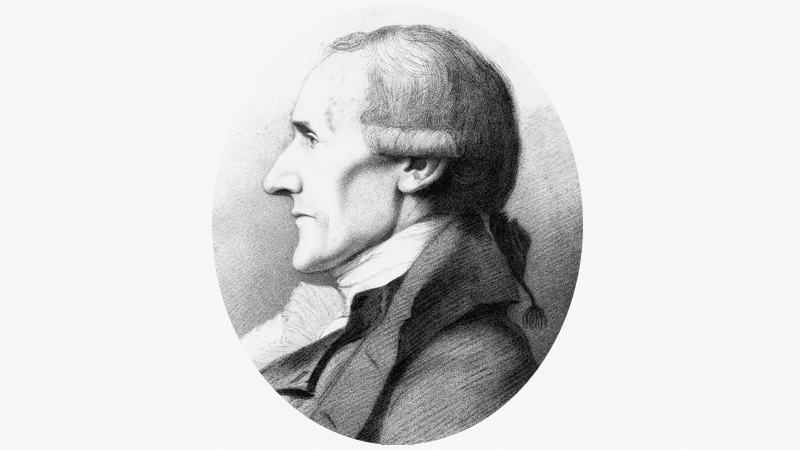‘The most inflexible of human wills united to the gentlest of human hearts’

The slave trade was abolished by Parliament in 1807, but the groundwork was carried out decades before. It was a Christian – Granville Sharp – whose landmark legal action led to slavery being outlawed on English soil.
Using English Common Law, he successfully paved the way towards the complete abolition of the slave trade in the British Empire. He established the principle that slavery is not supported by English law, or, more importantly, by natural law.
This weekend marks Sharp’s birth in Durham, on 10 November 1735. The son of a clergyman, he received a basic education and was sent to London where he worked as a civil servant. At the time slavery was common in England, and the slave trade was a significant part of the British economy.
He was a man of fierce intellect, teaching himself Latin and Greek (even publishing a book about the Greek text of the New Testament) and it was this commitment to study which enabled him to master the legal skills he needed in his fight against slavery.
As early as 1765 he was troubled by the sight of a young black slave, Jonathan Strong, who had been beaten and thrown onto the streets by his master. Granville and his brother William, a doctor, nursed him back to health and helped him find work as a messenger.
Strong was later recaptured by his old master. After demanding that the case be taken before the Lord Mayor, Granville secured his release and fought off a subsequent legal challenge.
But this victory was only the beginning, as the principle of slavery itself had still not been dealt with.
James Somerset
Granville gave the next years of his life to researching English law. Although he believed that “no power on earth” can make slavery right, he also became convinced that, “there is no law to justify a claim to the servitude of any man in England”.
What he really wanted was a test case that would set a clear legal precedent against the principle of slavery in England. And that arrived, in spectacular fashion, with the famous Somerset Case (1772).
James Somerset was a slave who ran away from his master, Charles Stewart, and was seized and put on board a ship for Jamaica. Stewart said that because Somerset was his property, this was his right. Granville applied to the court for Somerset’s freedom.
Lord Mansfield, the judge in the case, tried very hard to avoid a contentious decision on slavery in general. Granville on the other hand was determined to get a ruling on the principle of slavery. He believed that it was entirely contrary to centuries of English common law, and that a writ of habeas corpus dating back to Magna Carta could be used to free any slave held in England.
Lord Mansfield reluctantly agreed. He ruled that slavery is “odious” and not “allowed or approved by the law of England”. This did not mean that all slaves in England were free immediately. But it made it clear that through habeas corpus, any and every slave in England could be set free.
Service of others
After the Somerset case Granville remained at the forefront of the campaign against slavery.
His work as a Christian believer is of immense importance – such that we still feel its effects today. This momentous case established a principle in law which laid the foundations for William Wilberforce’s Abolition Act.
Described as having “the most inflexible of human wills united to the gentlest of human hearts”, Granville Sharp is an example of a Christian who loved his neighbour, who ‘defended the rights of the poor and needy’ (Proverbs 31:9), and who gave his life to the service of others.
He showed that the Christian faith applies not just in our private lives, but in our public lives. He showed that Christ can be honoured not just in Sunday worship, but in our daily work. An example to us all.
